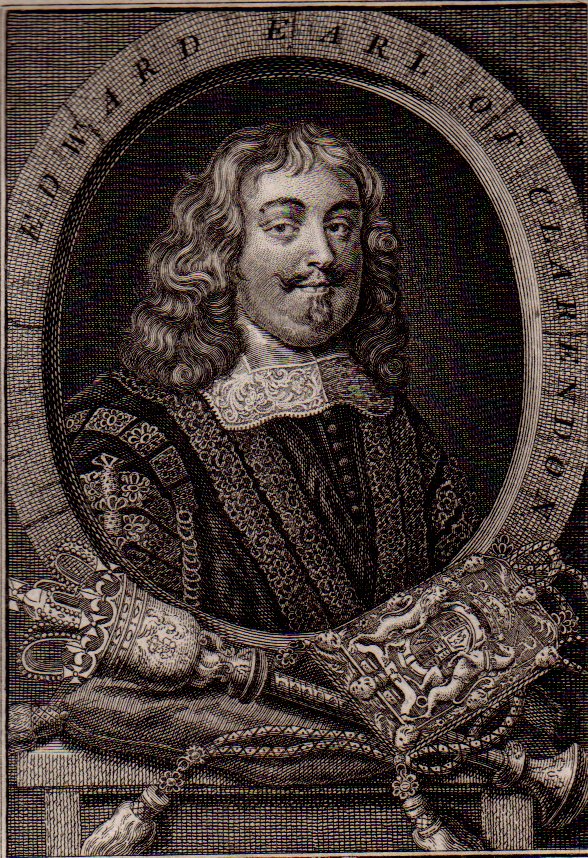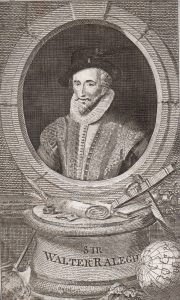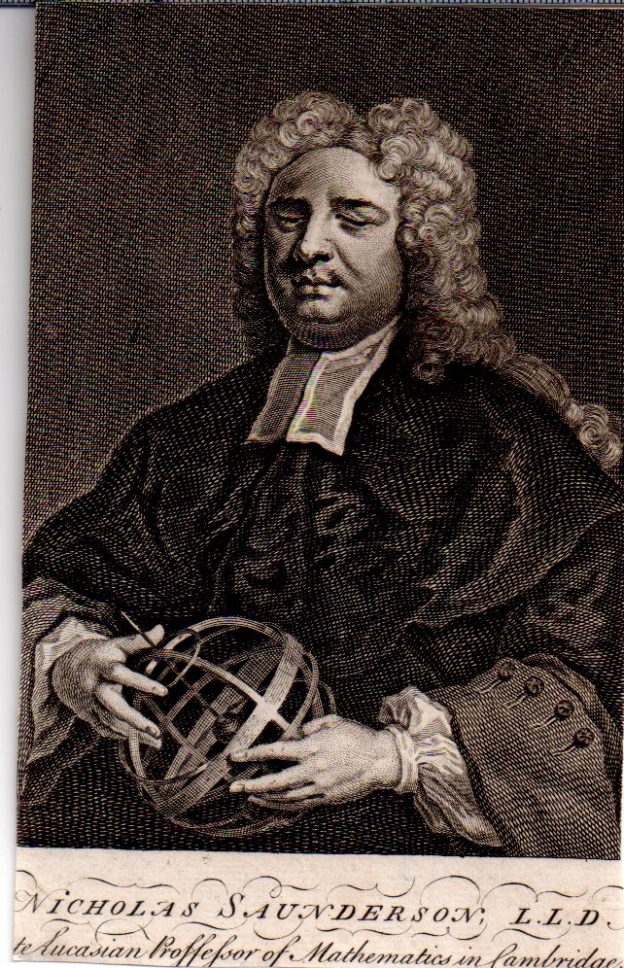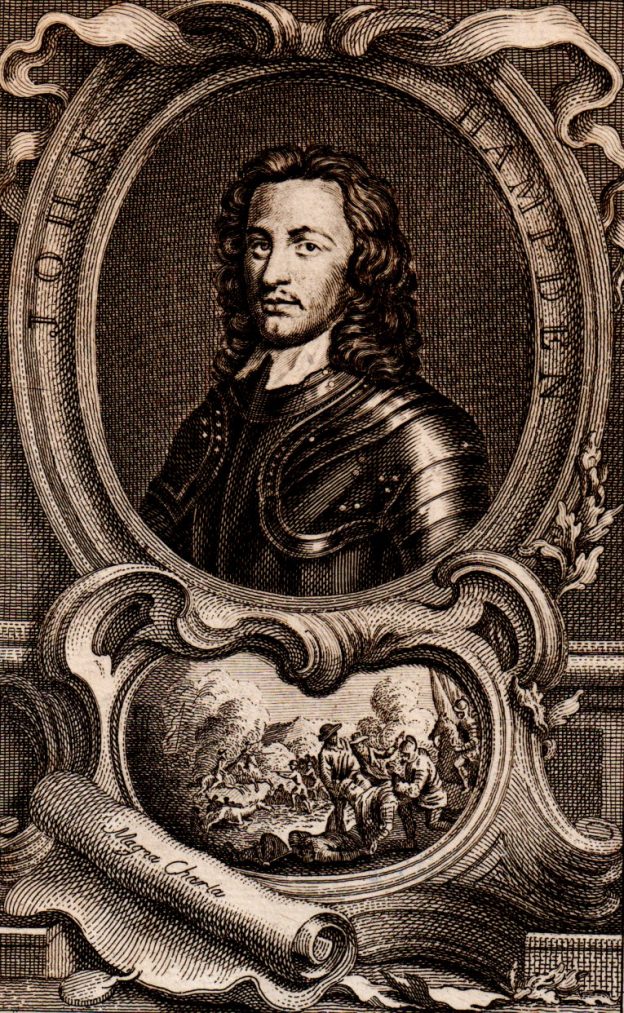Lord keeper of the Great Seal
Artist: Sir Anthony Van Dyck
Size 15 x 10 cms
Price £10.00
Ref:3078


Lord keeper of the Great Seal
Artist: Sir Anthony Van Dyck
Size 15 x 10 cms
Price £10.00
Ref:3078

Physician and poet. His attempts to establish a poor person’s dispensary were defeated when apothecaries raised the price of drugs; in retaliation he wrote his satiric poem, The Dispensary.
Artist: Sir Godfrey Kneller,
Size 15 x 10 cms
Price £10.00
Ref:3077

Artist: Sir Peter Lely
Size 15 x 10 cms
Price £10.00
Ref:3076

A poet, explorer, soldier, sailor, courtier and favourite of Elizabeth I, Ralegh was a true ‘Renaissance Man’. Much of his literary work is lost but about thirty short poems and various prose works survive, including The History of the World. He organised and financed a number of expeditions to North America, and in later life made several unsuccessful attempts to find gold in South America. Implicated in a plotting against James I, Ralegh spent much of the kings reign in the Tower. He was executed for treason in 1618.
Artist: Anthony Walker
Size 16 x 9 cms
Price £10.00
Ref:3074

Saunderson went blind aged one year after he contracted smallpox. He taught mathematics, astronomy and optics at Cambridge University from 1707 and became Professor of Mathematics in 1712. He later worked closely with Halley and Flamsteed in their attempts to calculate longitude at sea, one of the major challenges of the eighteenth century.
Artist: John Vanderbank
Size 17 x 11 cms
Price £10.00
Ref:3073

Chancellor of Exchequer 1701, Lord treasurer of Ireland 1704-1710
Artist: Sir Godfrey Kneller
Size 16 x 9 cms
Price £10.00
Ref:3072

Central figures at the start of the English Revolution. He entered Parliament as an MP in 1621, eight years before Charles I dissolved Parliament. Ship Money was a tax sometimes levied on coastal towns in wartime to pay for ships to protect the country from invasion. Charles, no longer receiving money from Parliament, in 1635 extended the Ship Money tax to include inland towns and counties. This attempt to create a new form of taxation without parliamentary sanction was resisted by Hampden, who refused to pay the levy. The king was unable to collect Ship Money, and was forced to recall Parliament in 1640. Hampden was one of the five MPs selected by Charles I for impeachment in 1642.
Artist: Jacobus Houbraken
Size 16 x 10 cms
Price £10.00
Ref:3071

Lawyer, legal writer and politician
Artist: Jacobus Houbraken
Size 16 x 10 cms
Price £10.00
Ref:3069

Thomas Sydenham was an English physician. He was the author of Observationes Medicae which became a standard textbook of medicine for two centuries so that he became known as ‘The English Hippocrates’. Among his many achievements was the discovery of a disease, Sydenham’s Chorea, also known as St Vitus Dance.
Artist: Sir Peter Lely
Size 14 x 9 cms
Price £10.00
Ref:3067

General James Wolfe led the British attack on Quebec that ended French rule in Canada in 1759. He discovered a steep, unguarded path which enabled him to land his troops unobserved, however, Wolfe would never actually enter the city as he died the following day from his battle wounds. The importance of the conquest and his death, in the hour of victory, made Wolfe the eighteenth-century’s most moving tragic hero.
Artist: unknown
Size 17 x 10 cms
Price £12.00
Ref:3066